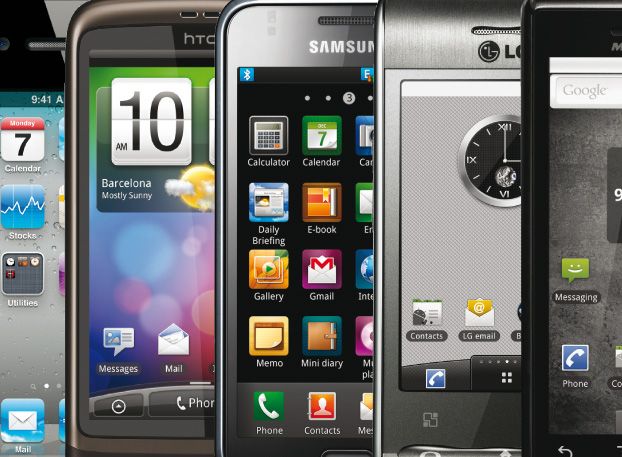Leeds City Council Opens Doors To BYOD Trend

Leeds City Council has embraced the BYOD trend after it opted to become agnostic to mobile handsets
Leeds City Council has opened its corporate doors to the Bring Your Own Device (BYOD) trend and is starting to allow workers to use their own personal devices.
The council apparently made the decision because of rising demand for smartphones from its workforce, plus the ageing Windows Mobile operating system it uses.
Mobiles, Not Laptops
According to the Guardian newspaper, 6,000 council workers utilise corporate mobile devices running the veteran mobile system. 800 of these are reportedly smartphones running Windows Mobile 6.5. That mobile OS never really captured the public’s imagination, but Microsoft stands a much better chance with Windows Phone 7 and its partnership with Nokia.
 “We had an operating system on the corporate mobile devices that was end of life, and then we had the pressure from ‘bring your own device light’ as we call it,” Marcus Hunter, who handles ICT strategy, architecture and commissioning at the council told the Guardian. The newspaper said that council workers at this stage are only allowed to bring in their mobile phones and personal laptops are not permitted.
“We had an operating system on the corporate mobile devices that was end of life, and then we had the pressure from ‘bring your own device light’ as we call it,” Marcus Hunter, who handles ICT strategy, architecture and commissioning at the council told the Guardian. The newspaper said that council workers at this stage are only allowed to bring in their mobile phones and personal laptops are not permitted.
“I think it’s the first stage of ‘bring your own device’ as a council could do it, because obviously there are unions and issues of awareness around the soft side of things rather than the technical infrastructure,” Hunter reportedly said.
Hunter also said that the council was surprised at the positive reaction from its workers and the unions to the idea of allowing the use of personal mobile handsets within the workplace, despite the council having mobile monitoring facilities and deactivating certain features on people’s handsets.
Device Agnostic
And according to Hunter, the council has sought to permit any type of mobile device to be used, whether Android or iPhone, and has sought to become ‘device agnostic’.
“We were really focused on device agnostic and also management only of corporate data,” Hunter said.
The council reportedly opted for a mobile device management (MDM) solution from MobileIron, that would allow for encryption to protect work data, as well as effectively allowing users to silo their personal and work data.
According to Hunter, so far 130 staff have signed up for BYOD. “We’re seeing a more educated society I think, a more connected society, which is helping corporations like us to be a bit innovative,” Hunter reportedly said.
Hunter said that the Council is testing its BYOD solution, but is looking to expand the scheme to other departments, and even to the city’s 270 schools.
“We’re looking at understanding how we can do it for schools, because kids love smart devices don’t they? If they can bring their own devices like iPhones into their lessons and use them productively, that can only be a good thing,” said Hunter. “And if we can manage that at low cost then I think everybody’s winning there, because the standards go up across the city.”
The council approach to the BYOD trend seems sensible. However some are worried at the security impact of the move.
In February Mobilisafe warned that small businesses are facing an increased risk from mobile devices that are now flooding into the workplace.
How much do you know about smartphones? Take our quiz.